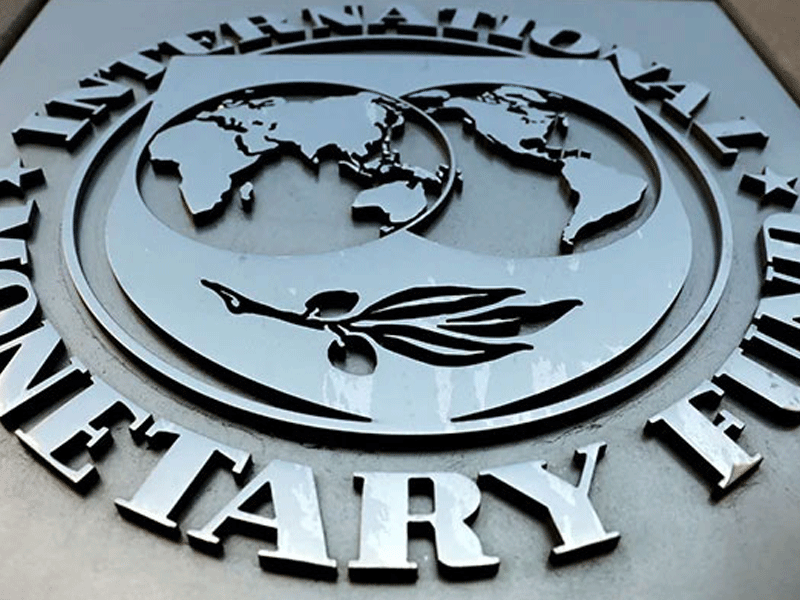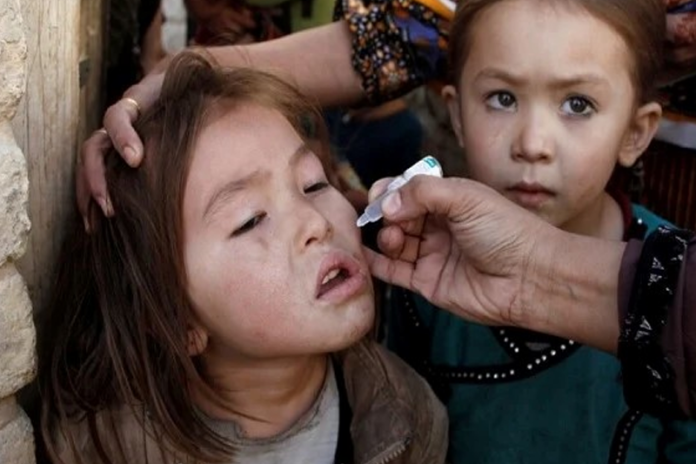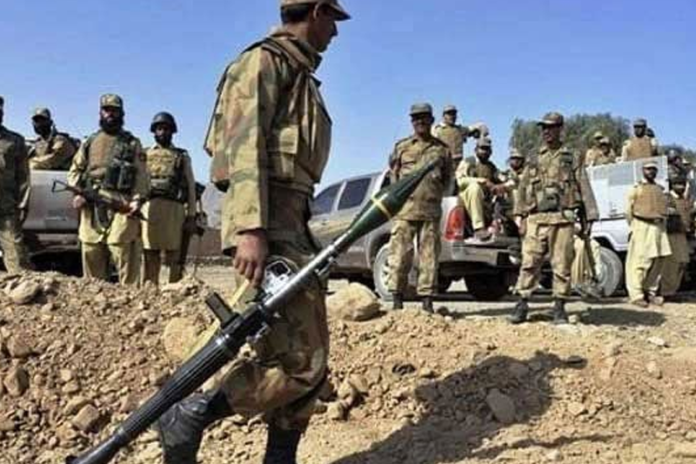Uncertainty regarding IMF programme

- 263
- 0
Due to economic difficulties, Pakistan has been anxiously waiting for the installment of the International Monetary Fund (IMF), a new situation has emerged.
Expressing complete distrust in the budget presented for the fiscal year 2023-24, the IMF termed the new dollar amnesty scheme against the terms of the debt program and said that Islamabad has not broadened the tax base in the budget proposals and missed the opportunity to cut tax expenditures, but the fiscal fund has offered to work together to improve it before the budget is approved.
According to the IMF’s resident chief in Pakistan, Islamabad has been asked to make significant changes to the budget and improve it. New measures to reduce financial pressure on the energy sector were also emphasized.
The IMF’s $6.5 billion loan program expires on June 30, so the last-ditch effort to revive the program does not stretch to months or weeks, but to the passing hours in which a breakthrough could occur. Pakistan has asked China to refinance its $1.3 billion debt this month.
Even if this request is accepted, if the IMF program is not restored, the foreign exchange reserves may fall from three billion dollars.
It is also important that Pakistan owes the principal installment of the multilateral loan with interest till the end of June 2023.
Along with this, there is a current account deficit. In the period from July to November 2023, between 4 and 6 billion dollars are to be paid. In this scenario, the serious objections raised by the IMF on the budget are such that Pakistan will have to make major changes in the budget framework for a broader compromise.
Minister of State for Finance Dr Ayesha Ghaus Pasha’s conversation with the media after the meeting of the Senate Standing Committee on Wednesday shows that the issues raised are related to resource mobilization, power sector and expenditure. A virtual meeting was also held between Finance Minister Ishaq Dar and IMF mission chief Nathan Porter in which the fund has sought clarification on several issues. Minister of State Ayesha Ghaus Pasha’s speech gives an indication of correcting some targets of the budget. She also said that strategic and technical discussions with the IMF are ongoing and we will try to convince them of our position.
At the same time, a report by the international rating agency Moody’s has come out, according to which, without the IMF package and with extremely low foreign exchange reserves, the risk of Pakistan’s default has increased.
A report by US magazine Bloomberg also pointed to a similar risk without the IMF due to the rupee’s record low level and dwindling reserves. On the other hand, domestic industrialists have reacted strongly to the abolition of subsidy on electricity and gas under the IMF program from the next financial year.
All Pakistan Textile Mills Association (APTAMA) has warned the government that if the above subsidies are not restored from July 1, they will hand over the keys of their units to the Finance Ministry. It is also not possible to ignore the fact that life has become difficult for the common man including laborers, farmers, shopkeepers, carters. Against this backdrop, the government team, working with the IMF, will have to carefully consider both the recovery of the loan program and public difficulties. The common man is already running from pillar to post to make both ends meet and analysts think that after the new budget steps, the masses are going to bear the brunt of the price hike. They say that there is no further space for broadening the tax net as the Govt has not left anything untaxed.
The most alarming thing in this budget is that children’s upbringing items have also been brought into the tax net, which is not the case in any country. Per capita income has also decreased by 11.2 percent.
It is believed at the global level that the population below the poverty line has increased enormously in Pakistan. Foreign investment which was promised, after every visit, by the Prime Minister, not a single promise was fulfilled.
The irony is that money has been announced in five sectors but there is no mention of them in the drafts.
The focus is on barter trade but no mechanism is in place to enhance it. The poor need rice and bread, Russian and Chinese food is not for the poor as it is very dear.
Out people need grains like wheat, pulses , vegetable and fruits to survive and not the elite class food items. Essential kitchen items’ prices are beyond reach of the common man and there seems to be no strategy in sight to lower the prices of essential items. A recent survey reveals that Prices of essential food items have almost doubled in 2023 as compared to 2022 and after the budget, they are going to further increase as inflation is at its peak. As per the Bloomberg report, Pakistan has surpassed Sri Lanka in inflationary trends, which are the highest in entire Asia, and secondly our currency is weaker than that of Sri Lanka, which has already defaulted. Moreover, essential kitchen items and food stuff are also cheaper in Sri Lanka. which has defaulted. It indicates that our economic meltdown is severe than Sri Lanka’s.
Looking at multiple websites and social media outlets, there is no indication from anywhere that there will be ease in the lives of Pakistanis or that the standard of living of Pakistanis will be high and how long will these recent difficulties continue to be faced? The World Bank is also saying that Pakistan will face many economic risks, the Asian Development Bank also says that Pakistan’s economy, environment and agriculture will have to deal with many challenges. The population will increase but the annual income will not increase but there is a possibility of decrease.
Published in The Daily National Courier, June, 17 2023
Like Business on Facebook, follow @DailyNCourier on Twitter to stay informed and join in the conversation.

















































